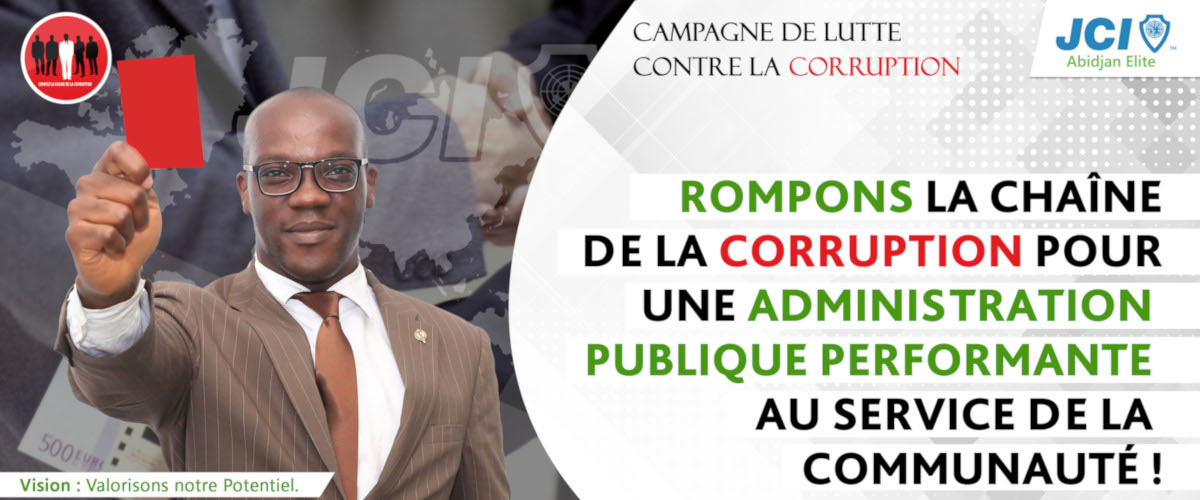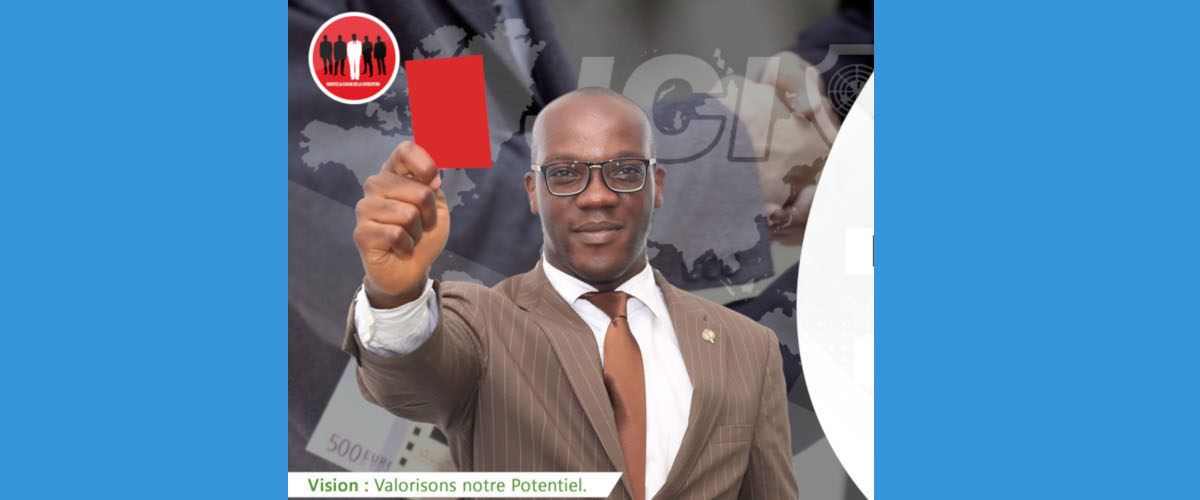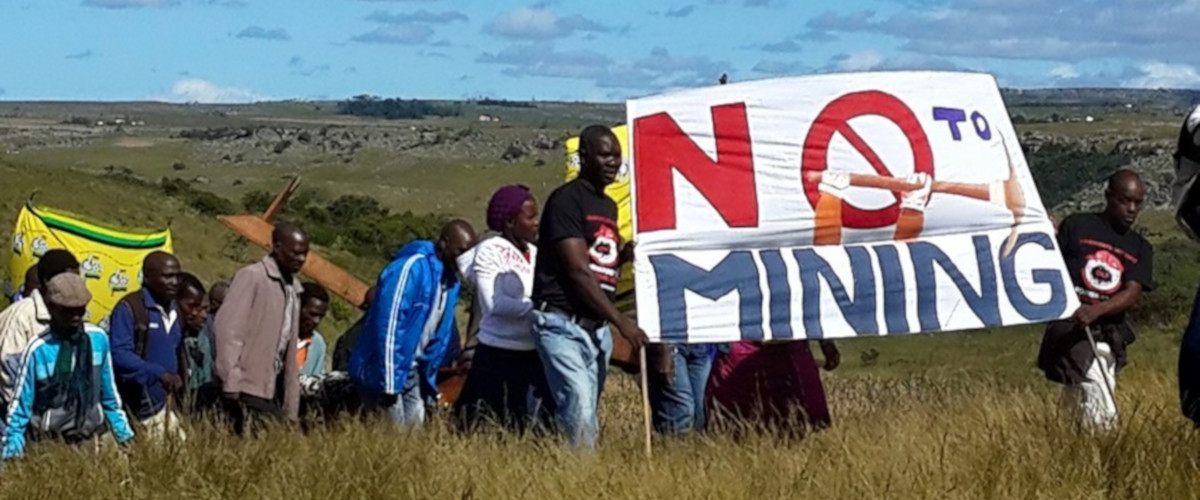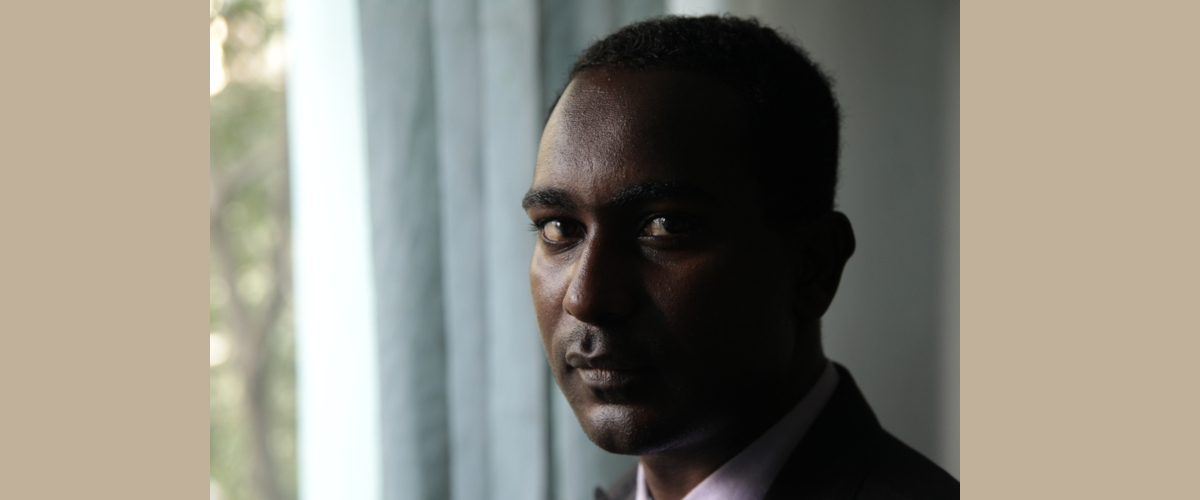
Despite several anti-corruption campaigns, there is little progress in action.
Reinforcement of the legal framework, justice referral ordered by the High Authority for Good Governance, and investigations led by the State’s General Inspectorate (SGI) are just some of the many legal measures country’s can undertake to demonstrate a strong will to eradicate corruption. Despite these measures, the fight against corruption remains challenging in Côte d’Ivoire. Between the leaders declared will, the population denunciations, and daily grievances, tackling corrupt activities has been an uphill battle, often tied by political issues.
Côte d’Ivoire “covers” its legal framework on corruption and money laundering, but it, in fact, opens its door to this illegal activity.
In 2018, more than 50 cases were reported to the prosecution service. “In terms of value, there are about CFA10,576 000 000 francs (€15 million) suspected of being laundered”, reveals Noël Adou of the National Financial Intelligence Processing Unit (NFIP), based on the suspicious transaction reports it received.
As of today, there has only been one conviction. Lack of transparency means that the public has little to no access to information regarding these cases. In October 2018, prosecutor Richard Adou revealed that 15 cases implicated former general directors, elected representatives, as well as financial directors.
Real Estate and Agricultural Sectors Breeding Ground For Corrupt Activities
According to the non-governmental organisation (NGO) Social Justice, an initiative aimed at ensuring transparency and good governance in Côte d’Ivoire, the real estate and agricultural sectors are often the most affected by corrupt activities. “These two sectors which have been expanding rapidly over the past years are favourable to the integration of corruption products into the legal economic framework”, explains Julien Tingain, president of Social Justice. He goes on to say that a large number of people purchase land or real estate in cash. This form of payment means that there are no traceable bank transactions, which can lead to suspicions.
Historically, at the agricultural level, buyers of export products such as cocoa, coffee, and cashew are known to use cash, thus scrambling any track of money circulating in this field. In addition to these two sectors, the telecommunication and information technology, as well as the communication sector, are also known to attract corrupt activity. The communication sector, in particular, is a somewhat risky area, because, despite the introduction of a law concerning the identification of cybercafés and the fight against cyber-crime, this sector is not sufficiently regulated. The Information and Communications Technology (ICT) sector will likely see an increased risk of being subjected to money laundering activities in the future if appropriate measures are not urgently implemented”, continues Tingain.
Government’s Failure to Implement Anti-Corruption Mechanisms
For Judge Laurent Ehounou Kan Malan, who is also the president of the NGO Transparency Justice, the Ivorian government has made notable efforts to fight corrupt activity, including establishing the High Authority for Good Governance (HAGG) in 2013. Despite this, “Côte d’Ivoire hasn’t yet finalised the implementation of its follow-up and control mechanisms for its fight against money laundering and corruption as required by the AU Convention in the second Act, paragraph 1 which cites the need to implement mechanisms to avoid, combat, and eradicate corruption as well as related infractions in the private and public sector”.
Furthermore, Ehounan notes that Côte d’Ivoire has not completed its annual report as required by the Convention. The law regarding the freezing funds adopted through the channels of the community in the parliament in May 2018 remains another challenge as it has not yet been approved by parliament. “In terms of penalties involving deprivation of liberty, the texts are not sufficient. It is necessary to ensure that those who unlawfully take the taxpayer’s money and Ivorian’s restored them. Only the act on the recovery of illicitly acquired assets can help stop people”, adds Malan.
The legal system remains under strain, meaning that even when the law is implemented, the country doesn’t have enough magistrates, let alone sufficiently qualified ones. Where the AU imposes the creation of special justice courses, Côte d’Ivoire has opted for the nomination of judges addressing these questions. However, these nominated judges also have to process other cases on a daily basis. Therefore more qualified magistrates are needed for corruption and related infractions cases in order to speed up the legal process.
The AU Convention demands that the control of the assets declaration of taxable happens at the beginning, during and at the end of the term in accordance with its Act 7. This mechanism ensures control over the heritage’s fluctuations. With the current state, Côte d’Ivoire has enacted the confidential form of the publication of assets (the ones reported to the HAGG are not communicated to the general public) and NGOs such as Transparency Justice and Social Justice work so that Côte d’Ivoire, which ratified its texts, takes the necessary steps.
Banks have their own anti-money laundering facilities based on the legal origin of their client’s operations. They are required, by law, to “alert the CENTIF (the national financial processing authority)”, reassures Alain Badjé from the association of banks and financial institutions of Côte d’Ivoire (ABFI-CI). The HAGG also plays a huge role here. It’s imperative that these structures and are not only put in place but implemented to demonstrate the country’s commitment to eradicating corruption.


